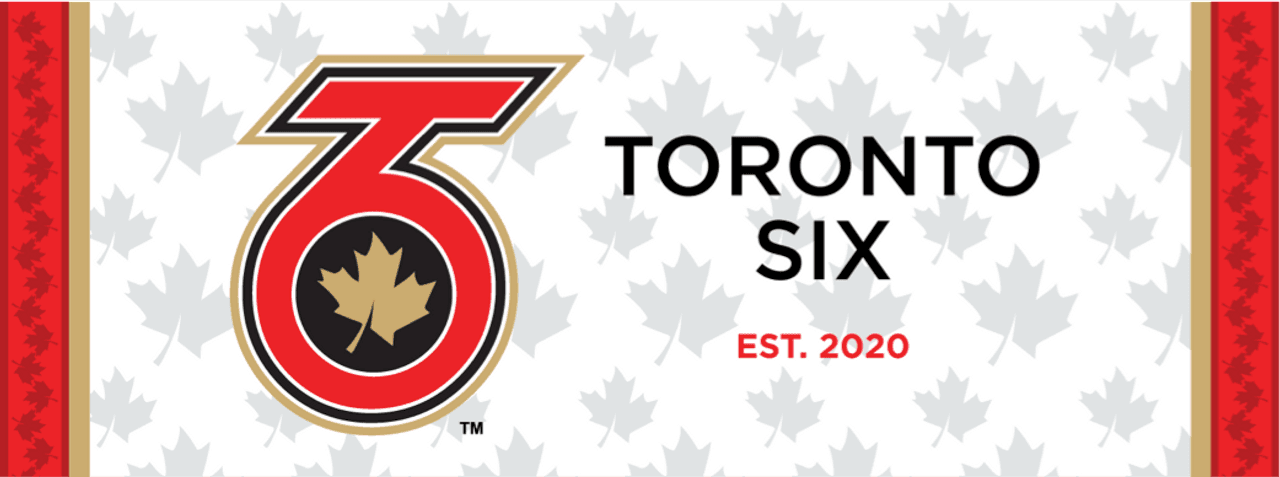The Toronto Six ownership change is important growth not just for the team, but for all of hockey
By Ryan Hobart
Mar 7, 2022, 09:00 EST
Breaking News
- Dallas Eakins raves about Berube, Nylander, & Toronto’s postseason growth: Leafs Morning Take
- Craig Berube on what he’s learned from coaching William Nylander: ‘Just leave him alone’
- Brad Marchand admits the 2025 Leafs are continuing to get better
- Craig Berube doubts Anthony Stolarz will travel to Florida for Game 3-4 against Panthers
- Max Pacioretty exemplifies Maple Leafs’ willingness to sacrifice vs. Panthers
